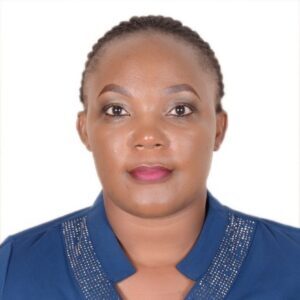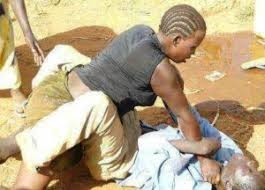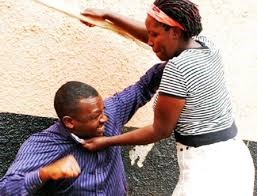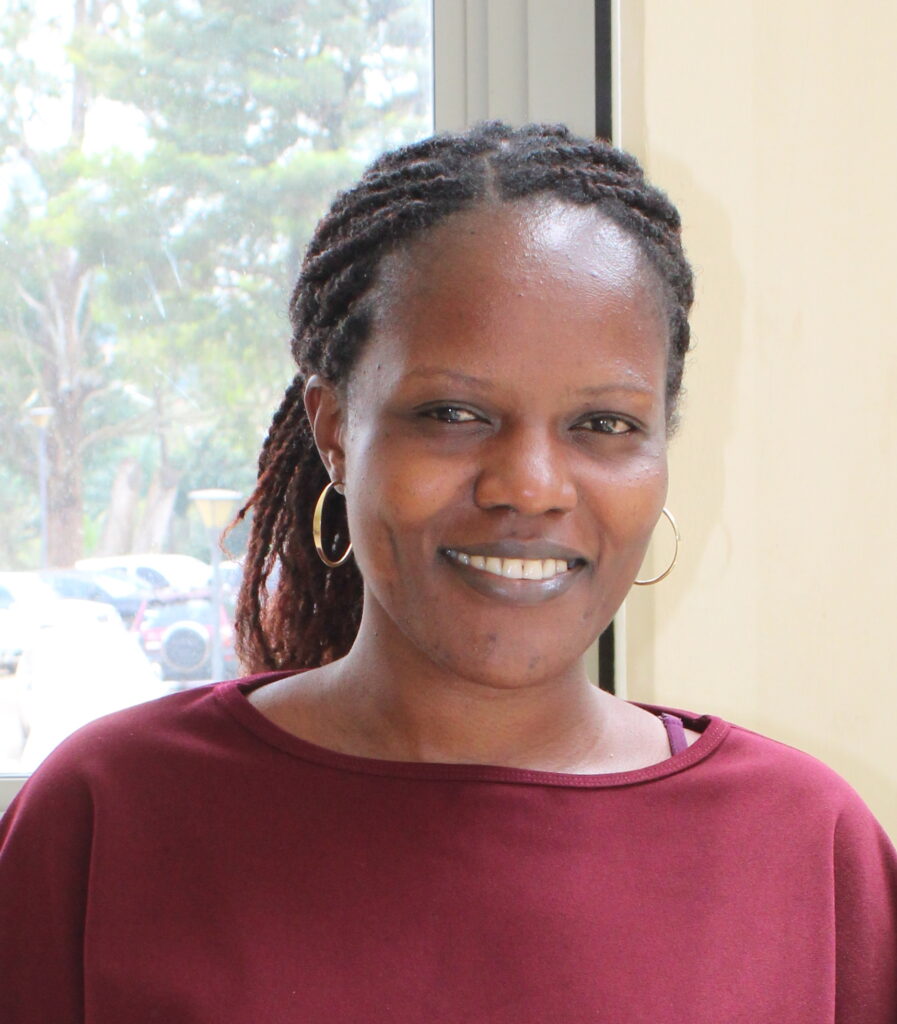Violence Against Men.

Agnes Kyamulabi
- January 22, 2021
“Turning the Tables” in COVID-19: Violence Against Men in Kampala Slums
Conventionally, women have been portrayed as the victims or survivors of domestic violence and the men as the perpetrators with in heterosexual relationships. The measures to contain the coronavirus pandemic have had direct and indirect severe consequences with evidence from the field indicating that men are victims of domestic violence.
As a result of the lockdown by the government of Uganda to control the spread of coronavirus, a lot of men were constrained from engaging in the job market and by implication, they spent most, if not all, the time at home. While these restrictions also applied to women; some categories such as those engaged in commercial sex work (CSW) illegally continued to operate, thus becoming economically more empowered in the household compared to their partners.
This led to a critical reversal of roles – where women were meeting the family’s daily basic needs like paying the bills while men were economically contributing nothing. It also resulted in violence against men as revealed by the findings from a qualitative enquiry conducted during the lockdown period titled “Adherence, Lived Experiences and Resilient Transformation among “slumdwellers” (ALERTs) in COVID-19: A study of Ki-Mombasa and Kabalagala-Kataba slums In Kampala.
The ALERTs Study assessed pre-post knowledge, attitudes and practices (KAP) in slum communities. Across the study sites of Ki-Mombasa Bwaise and Kabalagala-Kataba, it emerged that men were being abused emotionally, denied consensual conjugal rights, subjected to ridicule infront of their children because of failure to provide basic needs at home, as shown below:
These women mistreat us much like my brother here has explained. When you go back home drunk while in reality you did not have any money, she thinks you had money and deliberately refused to give it to her while surely you did not have the money… The way they mistreat us, they deny us our conjugal rights giving excuses that they are hungry. You also wonder, “you also don’t eat, the little that is there is what you eat and service [sex] is needed”… It is very bad not to have sex because your mind will have been prepared, you can even get sick because they tell us that when the sperms have started their journey, they have to be ejected” (FGD, Men Kataba)
Denial of conjugal rights may result into issues like those mentioned in the above quote and will sometimes amount to cruelty which can be a ground for divorce. From the observations made during the focus group discussions with men, they reported dissatisfaction and shared how they suffer destruction of their self-worth. They mentioned that this emotional or psychological abuse is even worse because it can be difficult to notice it and the support providers cannot easily identify the victims unless they speak out.
Besides, the role reversals especially where the women were sex workers, whose work was not affected as much by the lockdown, meant that it is the women that bought the food in the house. In situations where the commercial sex worker was also a married woman, the men could not come to terms with the new status quo, and this resulted in daily fights.
It is also evident that the male victims of violence suffered in silence, they did not report the violence since they are dependent on the perpetrators for survival. Besides, some men also believed that they were deprived of their powers in a home by authorities that “empowered” women, making it difficult for them to report to the same authorities. And most men that claimed to be the husbands of sex workers told us that they were initially clients who had gone to pay for a sex service and as a result it turned out to be a couple. According to a local leader, this type of couple begins a family from a brothel where a woman can easily allow in another client which erupts into conflict and thereby causing violence.

Additionally, the study findings indicated that male survivors of violence do not report due to the social constructions of man being strong. Due to such construction, it is hard for a man to reveal, for example that they were battered or denied sex. Because of the same constructions/perception, some men assume that the authorities would not believe them even if they reported. These reasons for non-reporting also stop men from seeking services related to the violence experienced, the service providers may possibly not believe the men. Some men self-stigmatise and blame themselves which can be an obstacle to accessing VAM services.
- Moving forward, the measures to control domestic violence must be gender blind; and the men should be made to know that it is okay for them to report the violence suffered. This calls for a change in the social perception of the men being stronger, and therefore can only be perpetrators.
- Still, the service providers should collaborate with communities – particularly survivors of violence – to understand where they are likely to access services, and then establish targeted specialized services with dedicated entry points for male survivors.
- Also, there is need for capacity building for these service providers to identify and address negative attitudes and misconceptions, and support staff to improve respectful, confidential responses to men/boys and women/girls, child and adolescent survivors.
- Meaningful engagement with slum communities to develop targeted communication strategies to raise awareness about sexual violence, dispel myths, and clarify how, where, and why to access violence services is also important.
In conclusion, the ALERTs study findings highlight critical intersections between Violence Against Men (VAM), CSW and family stability among others. When the men’s ability to provide for the family as per cultural expectation is compromised and women become the sole providers, there is a heightened likelihood of VAM. Moreover, the men are less likely to report cases of violence. This study recognises that there have been gains in responding to violence against women and children in Uganda; however, glaring gaps remain and inclusion of VAM services and cross-sectoral signposting (e.g. for livelihoods) on the continuum of service provision will influence positive social norm changes, family stability and national development during and post the COVID-19 era.

About the Author
Agnes Kyamulabi is a committed social development professional with experience in child protection, adolescent health, and policy analysis. She is also a ToT of Sexual and Reproductive Health Rights. Currently she is an Associate of CHASE-i and a Research Fellow at the Department of Social Work and Social Administration – Makerere University. She can be reached on: aggieiss2012@gmail.com .



